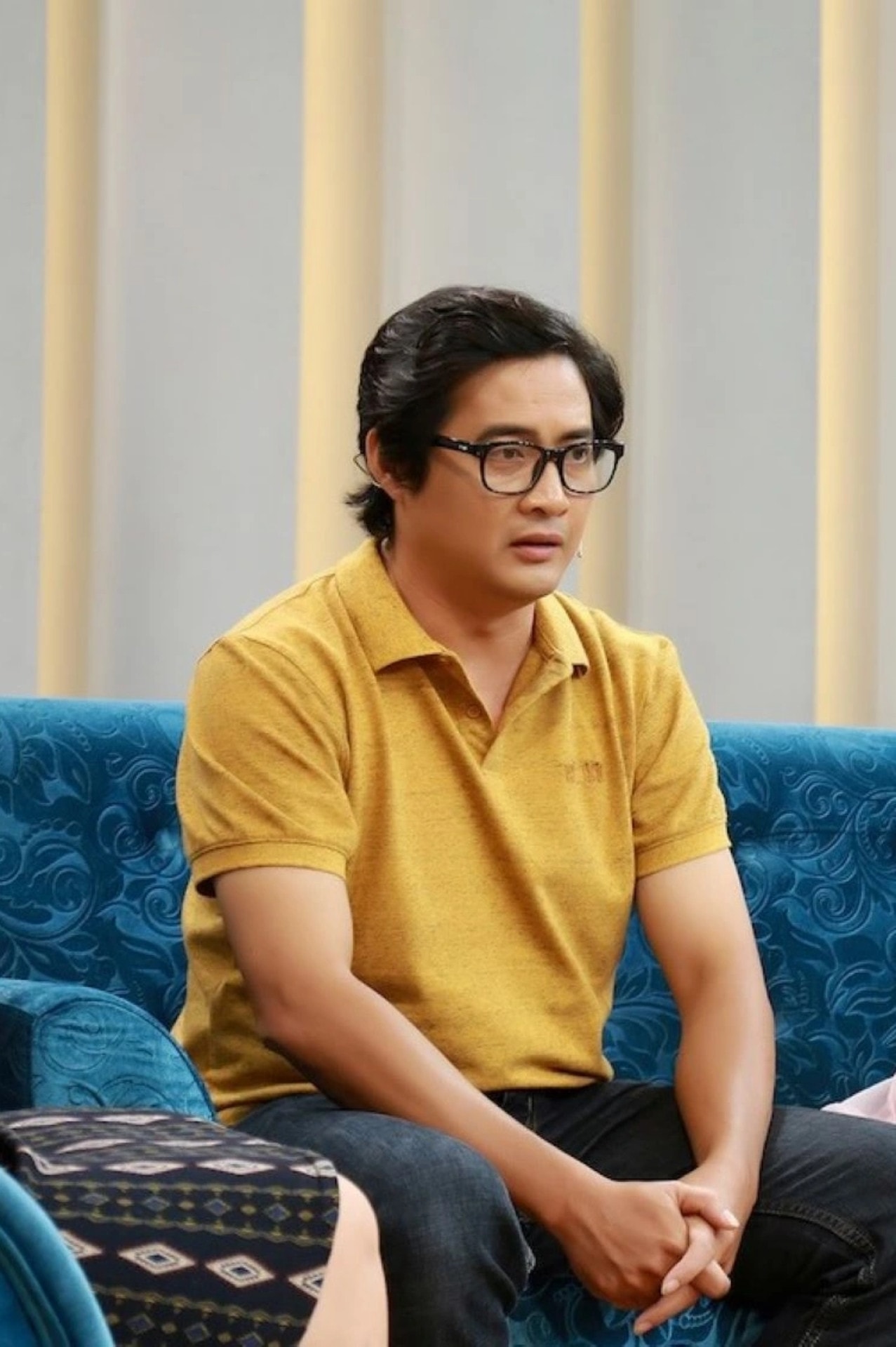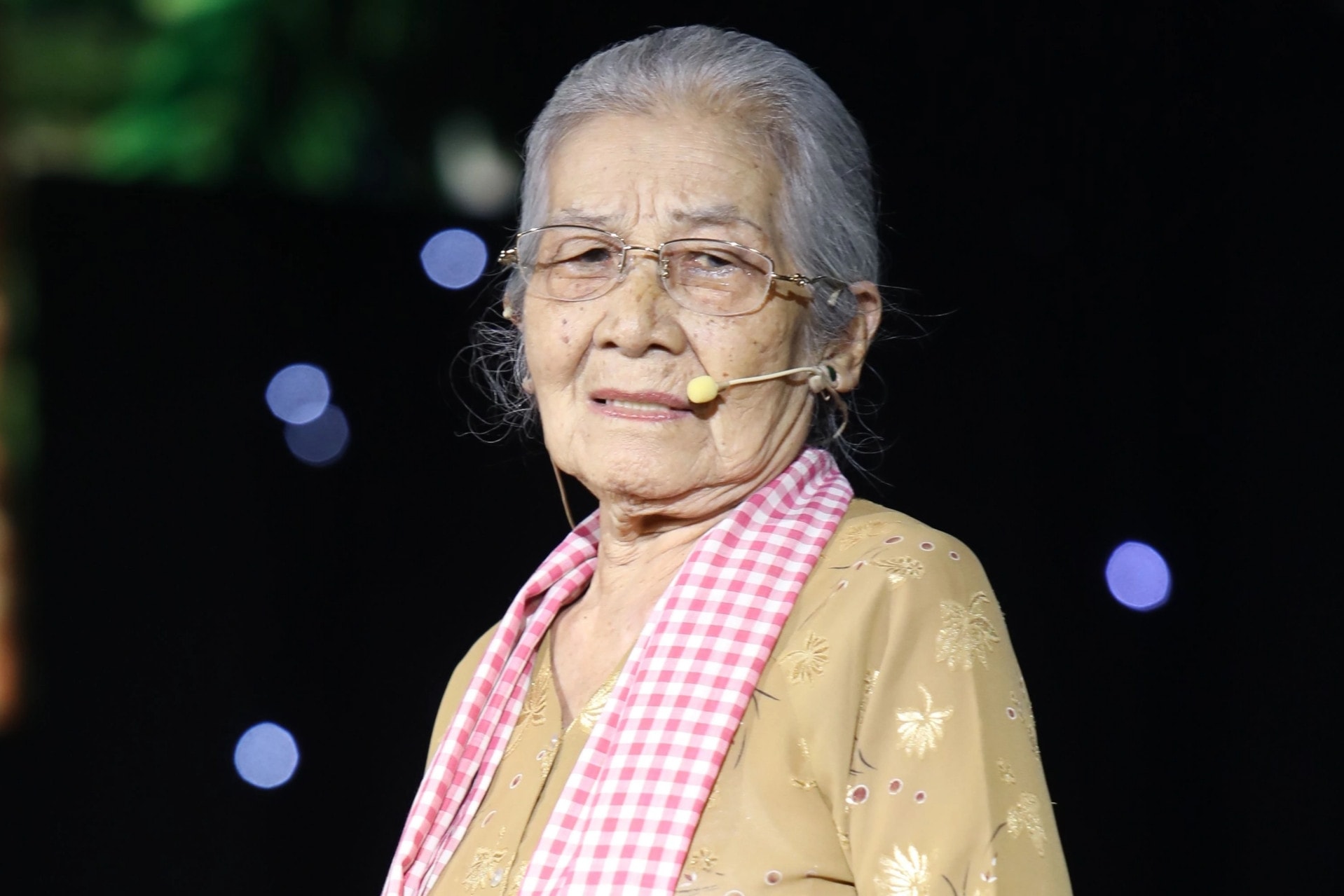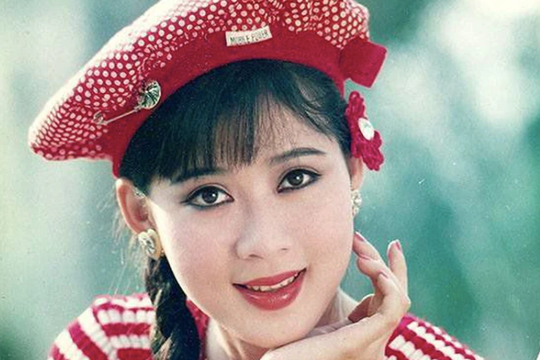The sad hidden corner of the story of an actor who struggled and was threatened with being beaten when his salary was owed.
Many actors who were cheated out of their pay went to the company to demand their pay back and were insulted, cursed, and even threatened with beatings. Some even thought about quitting the profession because of the impasse.
For many actors, facing the problem of unpaid salaries and unpaid wages is a “daily occurrence”, leaving them with no choice but to accept it. Many people share the same frustration but shake their heads in dismay because the problem has existed for many years and still has no way to completely resolve it.
All kinds of salary defaults and debt
A filmmaker shares withVietNamNetA contract is usually signed between the actor and the production company before work.
Depending on the agreement between the two parties, employees will receive a corresponding percentage of salary at each pre-production, production and post-production stage.

Typically, for a TV series, actors receive about 10% of their salary for the first payment, then gradually increase by 20-30% until the film is finished.
Because the budget for TV dramas is not much, the payment process can be fast or slow depending on the situation of each crew.
In the film industry, a production takes about 45 days to film, so payment is flexible depending on the film crew's financial conditions.
Although the contract is clear, most artists say that not paying their fees and asking for debt deferrals happens quite often during the working process.
Actress Ngoc Lan said most of the units blamed the TV station for reasons such as:"The station has not approved the film yet", "Delayed payment"...so they can not pay on time.
“However, whether it is true or not is another story. As for salaried workers like us, we can only cry out to heaven because we don’t know who to ask for help from,” Ngoc Lan said.
Ms. T - a backstage employee with many years of experience said that during her working process, she was cheated out of debt many times.
According to her, some production units operate in a joint venture model, but halfway through for many reasons, they split up and let other people take over the production role.
When the project was completed, Ms. T texted to ask for the remaining payment and received the following response:"The investor withdrew his capital and went bankrupt, so he was no longer able to pay.", or some promises from year to year.
As a result, she lost the money she had worked hard for many months.
Another time, when Ms. T participated in the movie MR, the film investment company was also late with the payment. When they were asked for it urgently, they switched to paying in small amounts, then snatched the remaining money.
Some of Ms. T's friends even lost hundreds of millions because when they went to claim, they found out that the company had dissolved and listed bankruptcy.
Part of the reason lies in the fact that many units operate in a haphazard manner. Not strong enough in finance and experience, some places suffer losses, leading to the collapse of a series of projects, while workers including actors, acting assistants, makeup artists, costume designers, set designers... "suffer the brunt".
Besides the producer, it is not rare for directors to steal money from the crew, notably the story of director HV that happened not long ago.
One of the victims of the incident was actress Ngoc Tuong. Out of respect for the relationship, Ngoc Tuong waited after the director's message of request for a delay.

When asked, the actor was shocked to learn that the company had paid HV in full, but the director had defaulted on his actors' payments due to personal debt.
Many other individuals such as: D.NT, HK, DCL... also had to call, text, beg and plead with the director because they encountered similar situations.
Debt collection difficulties
Most artists today rely on the reputation of the production unit when signing a work contract. That is not to mention some cases because of trusting only through verbal agreements, text messages, skipping signing the contract, leading to being cheated, not paying money and just keeping silent.
When something happens, the artist wants to sue but has no evidence or legal basis to do so.
With such difficulties and hardships, most artists choose to remain silent. There are many reasons why they choose not to protest: fear of lawsuits, noise and trouble, or some people are worried that companies will be wary and hesitant to invite them to act in films if they know they are in legal trouble. From then on, they give up and accept the disadvantage.
Due to debt default, many workers are struggling to make ends meet. Some have had to find part-time jobs such as driving motorbike taxis, selling online, etc. to earn extra income and maintain their main artistic work.

Ms. T has young children of school age. When her money was stolen, she felt pressured to pay monthly living expenses, and sometimes had to ask teachers to reduce her children's tuition fees.
"Sometimes I feel discouraged and want to quit my job. My husband and I plan to open a snack cart. The income is not high, but at least we can still get money right away, it's better than having our money stolen," Ms. T sadly said.
Not only veteran actors with long-standing reputations, many young actors who have just graduated cannot escape the above professional incident.
Some people who went to the debt collection site were met with thugs who used threatening words, challenged them, and even threatened to beat them.
Actor HL revealed that even though he was cheated, he still had to pay in full for gas, costumes, and assistant salaries.
The actor borrowed money from friends and family in every way because he didn't want to get a bad reputation.
"It's easy for people to do bad things, but we can't because we still have honor, ethics and reputation in our profession," he said.
According to experts, when professional associations are not strong enough and the law does not have many specific provisions in protecting actors' rights, each individual must raise awareness and responsibility in protecting themselves, while clearly demonstrating the spirit of solidarity in the film industry.
This contributes to pushing back the problem that has been simmering and a difficult problem in the industry for many years.






